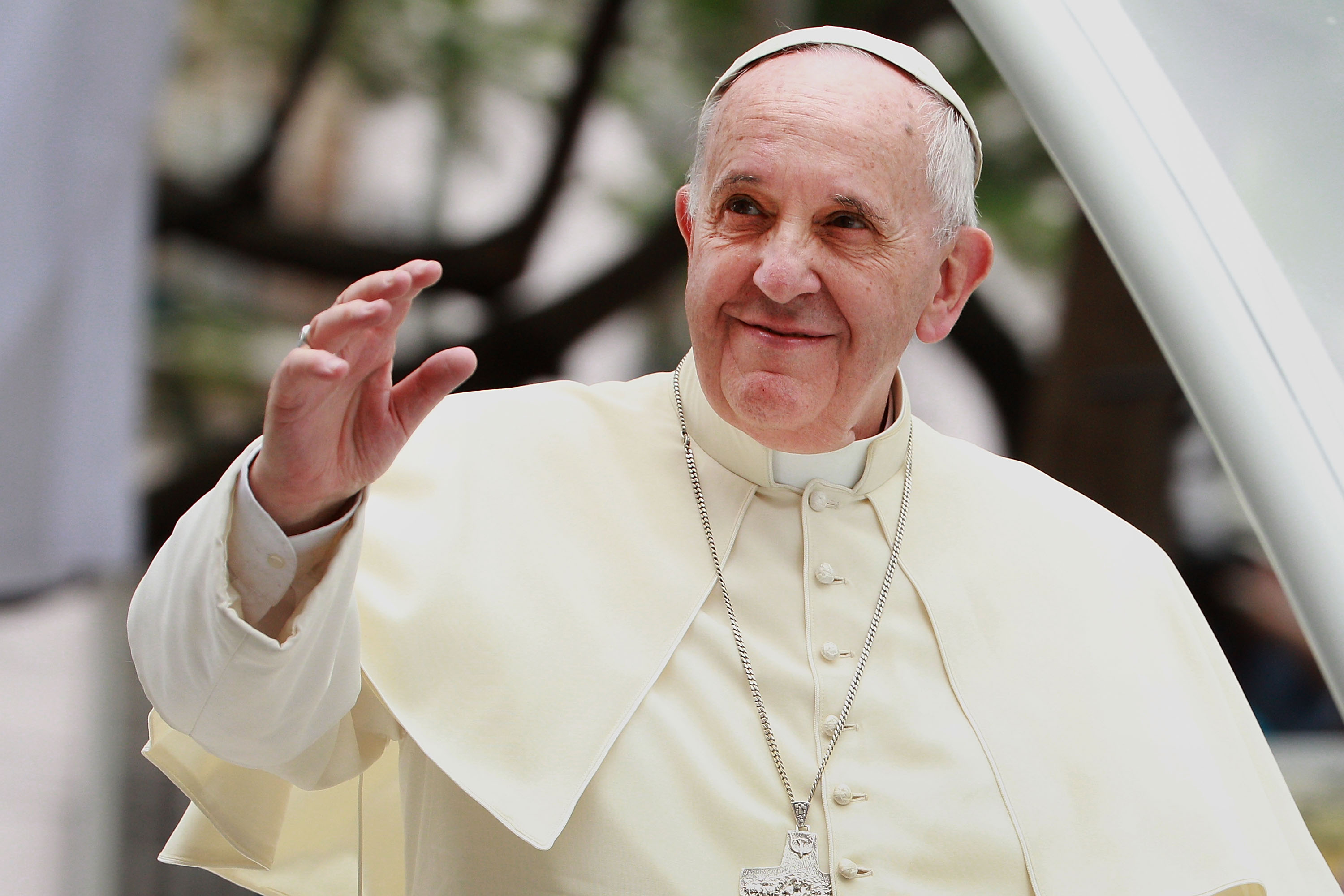
The faithful mourn not just a spiritual leader, but a humble man who eschewed a papal limo for a basic car, a palace and grand vestments for a simple guest house and plain clothes, and who placed improving the lot of those in poverty at the centre of his papacy.
His successes were limited — there is only so much one man can do to alter the course of a monolithic institution such as a church — but the fact that Pope Francis dedicated himself to the attempt marked him out as different to many of his predecessors.
The first Jesuit Pope, a rare Holy Father from outside Europe, Pope Francis was an outsider and many of those who voted for him to become Pope in 2013 after Pope Benedict XVI stepped down will have hoped that he would be a great reformer.
However, the fact that a determined wedge in the church maintained that Benedict remained the true Pope demonstrated the barriers that Francis — had he actually intended to be a modernist — was up against.
Whatever progress Pope Francis made in bringing a fresh vision to his church were incremental. While accepting that gay people (he was reportedly the first Pope to use the word in that context) could come to the faith, it is unlikely that many will have felt its embrace was any warmer.
While this was a pope who might have been prepared to recognise same-sex relationships, that those people could be married under the auspices of the church remains an impossibility.
Contraception and abortion remain points on which the church will not be budged, and while Pope Francis did promote women to leading roles in the church Roman Catholicism remains a faith with a purely male priesthood and showing few signs of anything changing any time soon.

Other issues came more naturally to a pope who chose the name of a saint who tended to the needs of the poor. Francis was outspoken on the plight of refugees, be they political or economic migrants. He also saw climate change as a looming threat to those who were poor and poorly buffered to deal with its likely impact.
Pope Francis was also a spiritual leader who believed in inter-faith dialogue: his meeting with the Grand Ayatollah was a symbolic expression that religious tolerance was possible.
Pope Francis’ death comes soon after Conclave, an Oscar-nominated global hit movie about the election of a new pope.
Hopefully there will be none of the additional drama of the film, but the central themes that played out on the silver screen — such as whether a centuries-old faith needs to change to remain relevant in the modern world or whether its rigid traditions are its strength — are as true in real life as in fiction.
Having elected Francis the church took a tentative, short step in a different direction. Whether that was a short-lived side-step or the first stride in a long journey will be determined by whoever emerges on the Vatican balcony after the white smoke is seen billowing out of the Sistine Chapel chimney.
Some will think Francis was too progressive, others that he did not have anything like the revivifying impact on the church that they had hoped for.
Either way, his papacy was unlike any in recent times and the culmination of a life of devotion and service.











